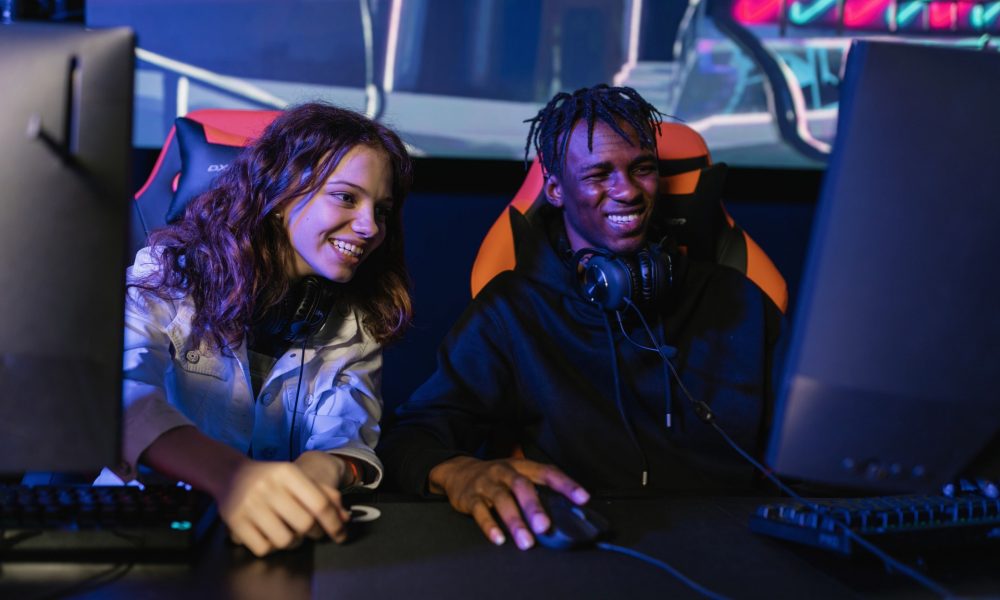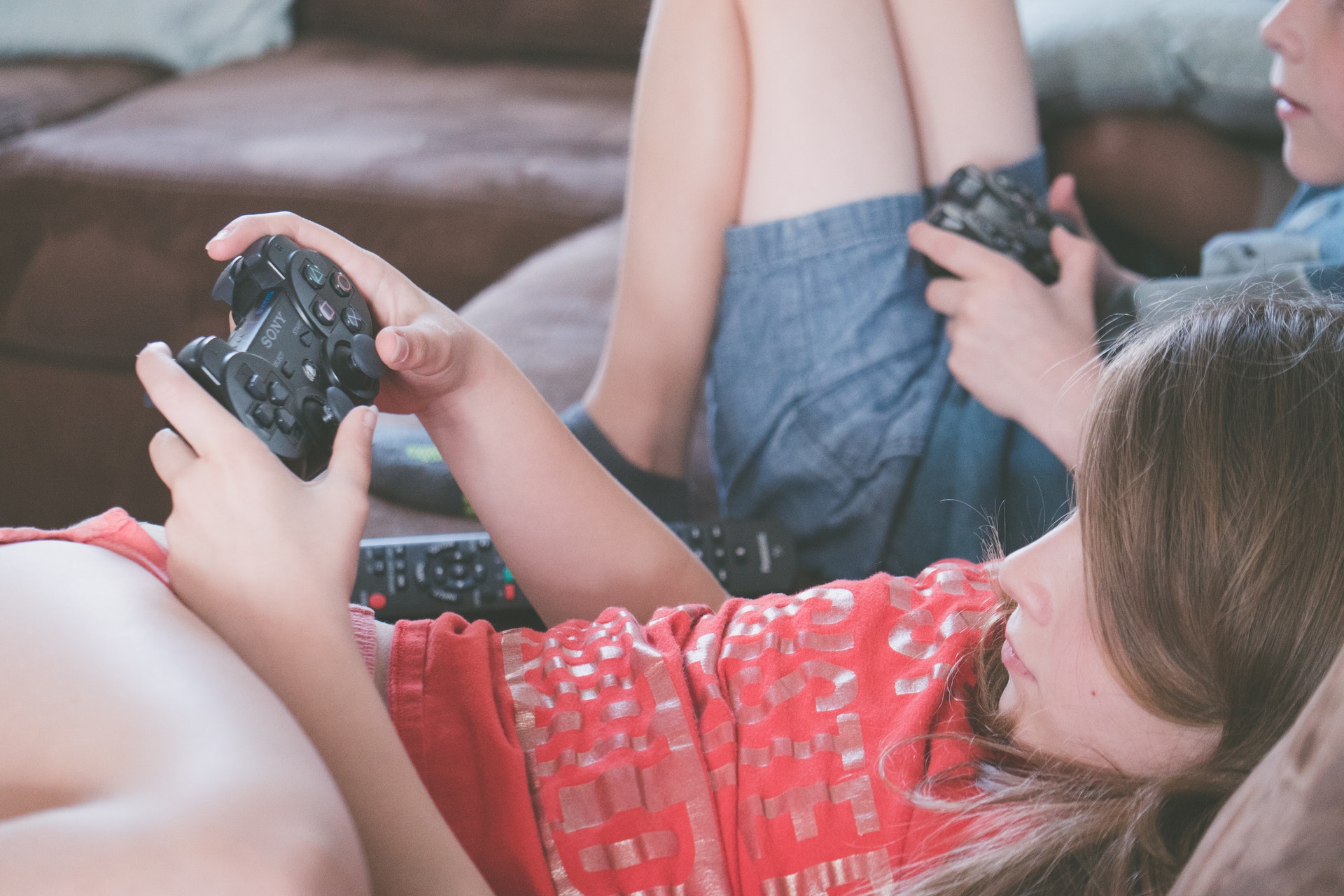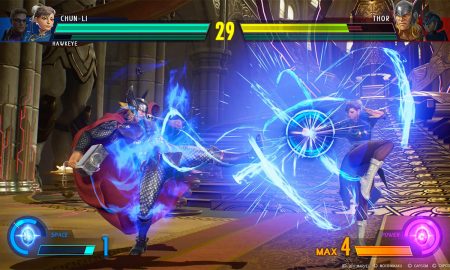

The post is developed in partnership with BetterHelp.
Since the dawn of video games, critics worldwide have denounced younger generations for partaking in video games. They worried that video games would corrupt them, potentially increasing violence and other harmful behaviors.
Though video games have had some adverse effects, the reality is more positive. Not only have there been fewer negative impacts than anticipated, but there have actually been many benefits from gaming. In fact, many adolescents discover many positives from video games that help them in their social lives, school, and beyond. This article will explore the positive effects that video games have on adolescents.
Socialization
The most obvious benefit of video games is that they offer adolescents a chance to socialize with others. This is an enormous industry with millions of players, giving teenagers plenty of options for socialization and connection.
Making friends in person can be difficult, especially if teenagers can’t find people who share their hobbies. However, when gaming with others, they already have a significant advantage because they instantly meet people who already share their enthusiasm for gaming. Therefore, they don’t have to search for people with similar interests nor persuade their acquaintances to partake in this activity. Furthermore, the evolution of online multiplayer games and voice chat has made gaming socialization even easier than ever before.
Of course, communicating with others online should come with precautions, as not everyone will be a safe person to interact with. But with good boundaries and some caution, teenagers can successfully make new friends and find healthy and welcoming communities online.
Increased Cognitive Abilities
A common stereotype about gamers is that they are not using much brain power or cognitive functioning when gaming, potentially weakening these abilities. However, research indicates quite the opposite. Video gaming has been shown to improve visual processing, memory, reasoning, spatial navigation, and perception. These skills are not only needed to function day-to-day but are essential for thriving in STEM (science, technology, engineering, and mathematics) careers. Therefore a healthy dose of gaming may help teenagers with their studies and careers.
Opportunities For Learning
Though the mainstream public may not realize it, video games can be quite educational. For example, popular series such as The Oregon Trail, Assassins Creed, and Age of Empires all incorporate fun mechanics while teaching gamers about important historical events and figures. In fact, it is very common for gamers to further explore these subjects, as these games create a genuine interest that traditional education doesn’t seem to accomplish.
Furthermore, other games teach gamers logic, math, science, and more. In fact, for many, a game that is educational only adds to the fun. Long gone are the days of games just being mindless activities to waste time and numb your emotions.
Mood Improvement
Though some games can be frustrating, many actually have the opposite effect. Simple games, such as mobile games, are often created with a specific, achievable goal. Once achieved, a person often gets a serotonin boost for winning the level or challenge. Unlike more complicated games that are designed to be more difficult, these simple games may give gamers a temporary boost to their mood and mental health.
Hand-Eye Coordination
As mentioned earlier, studies have shown that adolescents may see improved spatial navigation skills by playing video games. This includes hand-eye coordination, which is obviously a critical skill to develop. Since the brain reacts to video games as though the gamer is having those experiences in real life, it has to develop good hand-eye coordination in order for the gamer to succeed.
Many games require gamers to keep track of directions, positions, speed, aim, and more while exploring the world and working through challenges. Their brains need to take in an enormous amount of visual information, much like they would if exploring the real world alone. The brain processes this information and then coordinates with the hands to make the proper motions on a controller or keyboard to appropriately interact with and explore the world. Successful hand-eye coordination while gaming means that a teenage gamer is likely to have good hand-eye coordination in real life.
Problem Solving
Video games have become much more complex over the decades, incorporating puzzles, logic problems, and other challenges for gamers to overcome. These challenges encourage creativity and good problem-solving to complete and move on to the next level. In addition, these games can help adolescents think in new ways and see problems from new angles. This can greatly benefit their school and work, which often require adolescents to think outside the box when approaching a problem.
Final Thoughts On Video Games
Though people may have some reasonable concerns over the effects of video games on adolescents, the truth is that gaming can also be a positive force for development. In general, adolescents who partake in gaming experience more opportunities for socialization, a temporary mood boost, and improved cognitive functioning. Though gaming, like most hobbies, should be done in moderation, there are few reasons to prevent adolescents from gaming at all.
To learn more about some positive ways to support adolescents, check out the link below:
https://www.betterhelp.com/advice/adolescence/



































You must be logged in to post a comment Login